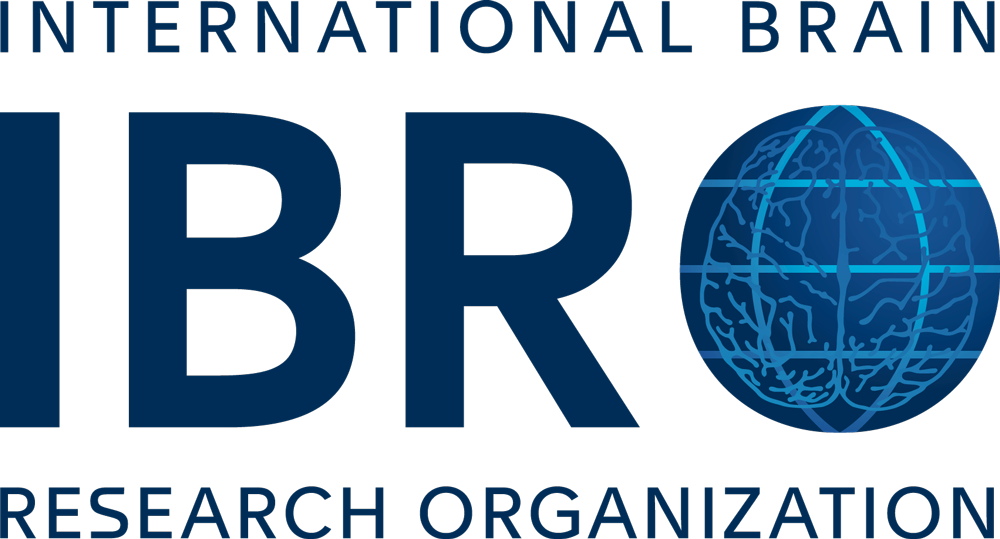How does the placenta contribute to brain development, evolution and neurodevelopmental disorders?
Research area 1
Combining bioinformatic tools and experimental approaches, we analyse the transcriptome and proteome of mouse and human placenta at different developmental stages and aim to identify placental factors that may serve as regulators for neural stem cell biology and function, especially the human-specific factors.
Research area 2
To examine the cellular and molecular mechanisms underlying the action of placental factors on neural stem cells, we apply molecular biology and advanced microscopy techniques to investigate the proliferation and differentiation of neural stem cells in the embryonic neocortex, among other developmental processes.
Research area 3
We seek to understand how do genetic mutations and environmental insults, which lead to the imbalance of placental factors, cause neuro-developmental disorders. Genetically modified mice, patient-derived materials and organoid systems will be utilized to study the causative mechanisms to Autism Spectrum Disorder.
Research tools and techniques
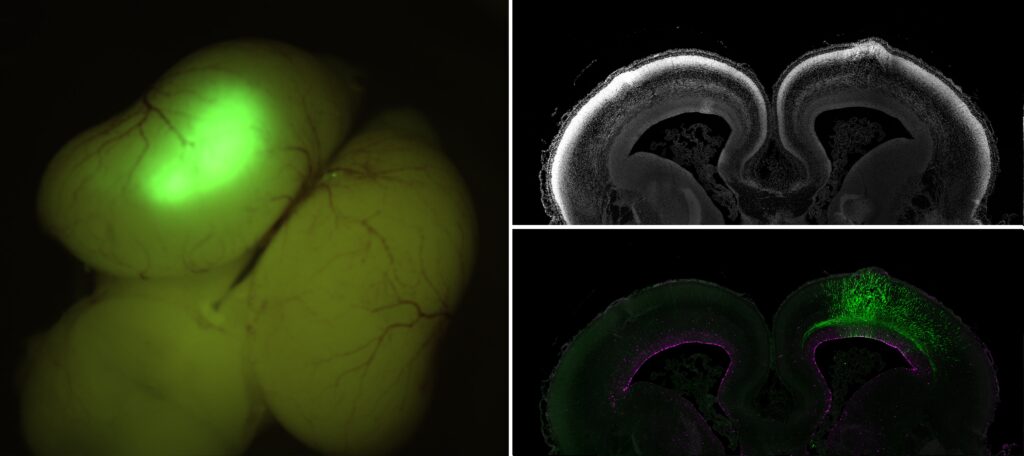
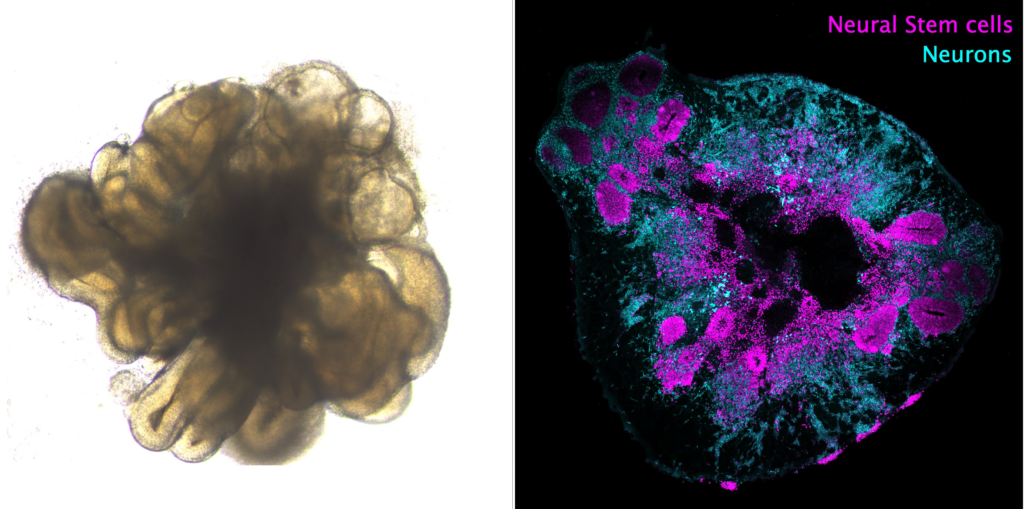
In utero electroporation to genetically manipulate the neural stem cells in the developing neocortex
Human cerebral organoid in culture and immunofluorescence
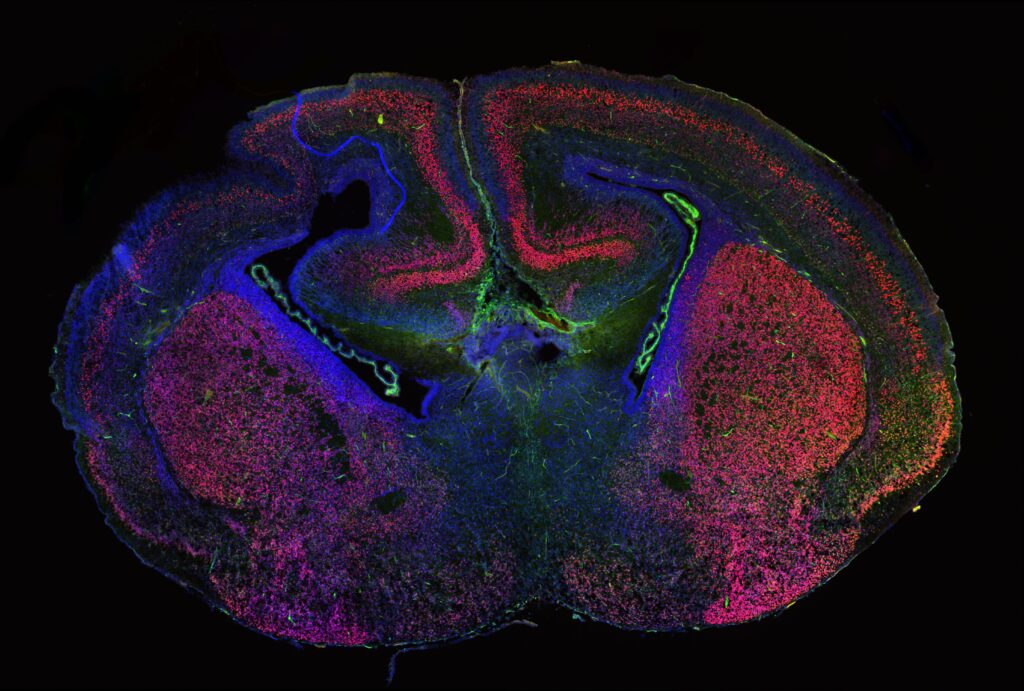
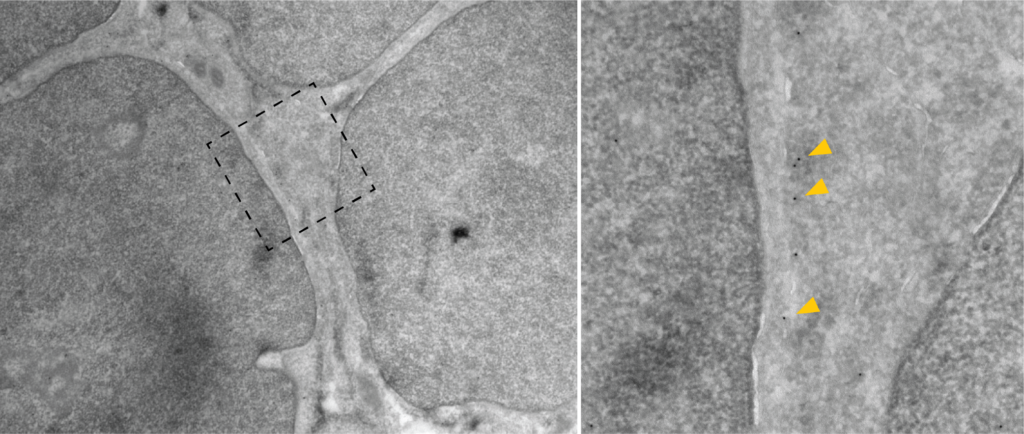
Genetically modified mouse models to study brain morphology
Transmission immunoelectron microscopy to determine the protein’s subcellular location
Molecular biology, Developmental biology and Neuroscience techniques
Research Funding


